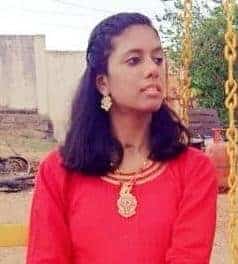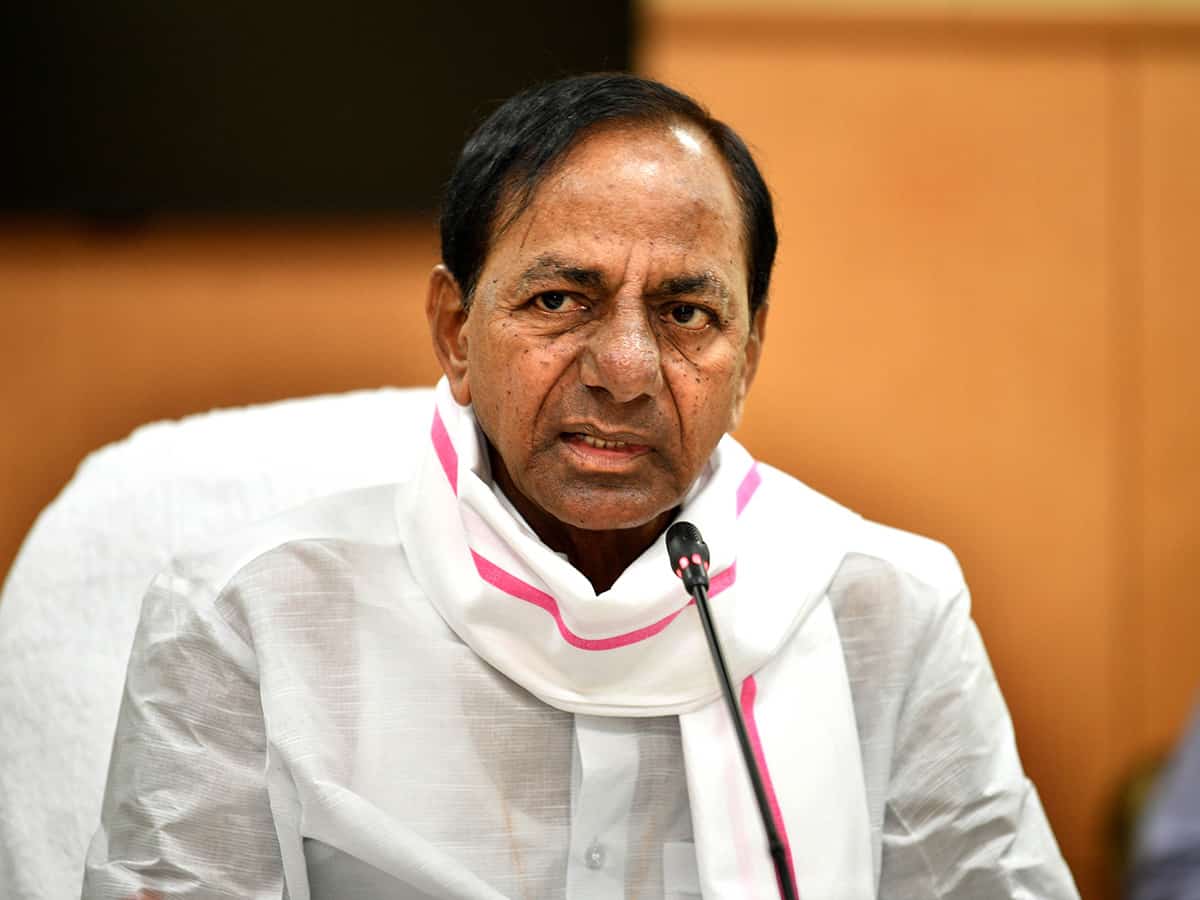
Hyderabad: After implementing LRS and launching agricultural land registrations through Dharani portal, Telangana Chief Minister K Chandrasekhar Rao was all set to inaugurate the programme for issue of urban pattadar passbooks and commence the registration of non-agricultural lands in the city from November 23. This has now been postponed on the Telangana High Court orders.
As the new Revenue Act has come into effect, Maroon-coloured pattadar passbooks will be issued to all non-agricultural land-owners in the State in a phased manner.
Now, a little background about new Revenue Act: Addressing the 73rd Independence Day parade in August 2019, KCR had said that there was an immediate need to completely revamp the Revenue laws that were outdated. “The old, outdated Revenue laws have caused immense losses to the farmers and people. The State Government is in the process of completely revamping the laws. We are going to introduce a new Bill in the ensuing session of the Assembly,” he said. But this move was protested by the revenue officials and the opposition parties.
After much deliberations and consultations, the CM brought new revenue laws with tweaks in the State Legislative Assembly in the monsoon session 2020. The new Revenue Act, 2020, with technology-centric features for registration of lands and determination of ownership rights, has come into force in the State through gazette and law ministry notifications.
The new Revenue Act introduces several reforms in land revenue administration, including digitization of land maps. It also launches Dharani, a one-stop portal for all matters related to the land ownerships, thus putting an end to illegal land grabbing and legal disputes over the ownership and boundaries. This indirectly may help in eradicating Benami lands in the State and, inter alia, stopping black money transactions and encroachment of private lands. The Act also checks the discretionary power of the revenue officers. On the other hand, it also seeks to protect the 96 percent of the lands that have clear titles.
Earlier in 2018, the State Government, with the motto of giving input subsidy to farmers, issued Aadhaar-linked pattadar passbooks to farmers holding government assigned lands and patta land owners. It was a mammoth exercise and it cleared the illegal holdings in rural areas to an extent. Now, it is the turn of the urban areas in the State.
In a special Assembly session held in September this year, the CM announced that a comprehensive land survey would be taken up with a view to ending all land disputes once and for all in the urban areas. Once the exercise is complete and each survey number is tagged with the geographical coordinates, all land issues would become clear and thereupon there can be tracking of any new or old dubious bogus land deals.
If the CM’s plan goes accordingly, then he will become the first in the entire country for taking bold initiatives and this may boost his image among his peers. In the short run, it can be seen as a plank for sweeping GHMC elections, as this directly concerns the people in the civic body.
For the first time, the CM talked about it in a more direct and assertive way in 2017, when he said, “Every fifth property registered in Telangana is a benami or proxy deal,” and this menace has to be checked.
In the past, the CM had also ordered a crackdown on illegal properties constructed on nalas and thus blocking drainage flows. If we view this move closely, we can conclude that it will invariably affect the people who have purchased lands in the State post-demonetizations in 2016.The practice of buying property in the name of someone other than the buyer with black money has been rampant in India, letting the tax evaders park their undeclared income.
Among other things, people had been stashing their illegal earned money in purchasing properties. Demonetization was announced by Prime Minister Narendra Modi in November 2016 with the aim to clamp down on black money and the move of KCR now is something that will directly deal with the lands wherein the black money hoarders usually invest money. Thus, it can be rated as a better move than demonetization.
Last month, Hyderabad witnessed rain fury and the old city and other areas on the outskirts got flash floods. The inundation of new colonies and low-cost bastis was caused by breaches to minor tanks and overflowing of nalas. Realtors and land-grabbers built houses or multi-storeyed complexes on lake beds or on the nalas–Murki nala 1, Murki nala 2, Balapur nala, Kukatpally nala etc. leading to silting of the nalas. These houses and high-rises are built in direct violation of Town Planning laws of the State.
Under the new Revenue Act, the lands will be divided into agricultural and non-agricultural lands and thereafter there will be a clear-cut demarcation and no biggies can try to encroach on the government and private lands and properties. In the comprehensive survey to be conducted, the names of the illegal holders will come out and the revenue authorities can keep tracking their movements. In case, if there are registrations in other names, then the real owners can be known.
Keeping in view the recent floodsand inundation of houses in the city, the government can take up construction of new drainage lines and storm water drains, beautify the lakes and take up dredging of Musi River. Lakhs of poor people in the city need free housing like 2BHK scheme. The government can take over illegally owned and encroached lands to build 2-BHK houses for the poor.
Fatima Hasan is a Hyderabad based journalist

